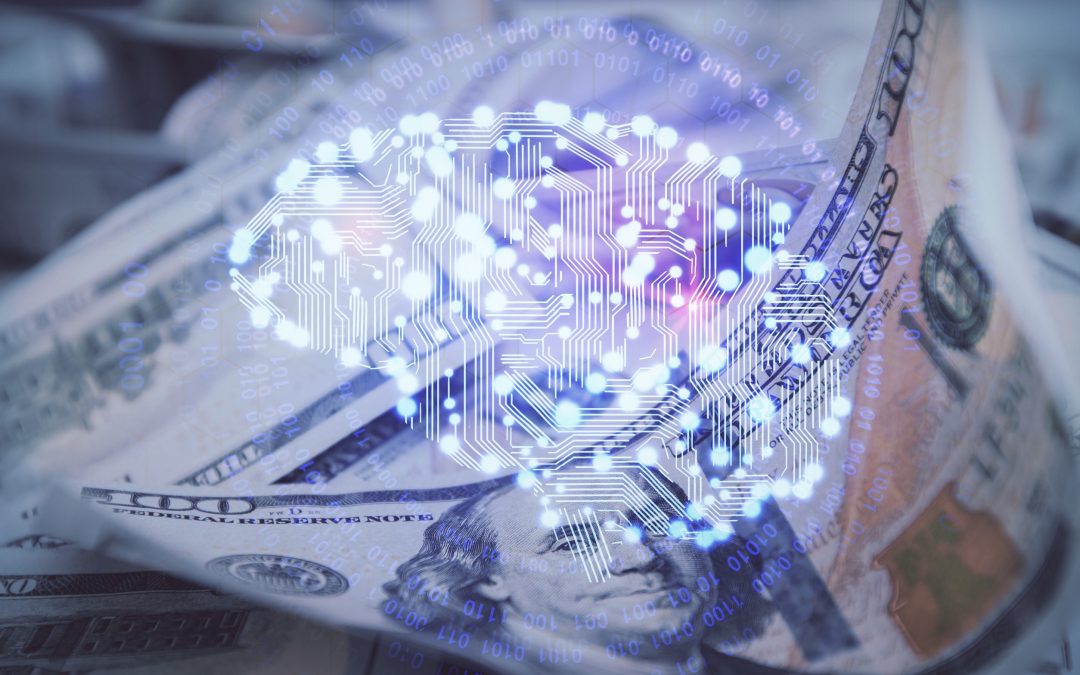You may be experimenting with ChatGPT and other AI, and so is your bank. Financial institutions are incorporating AI into their services, but the road to innovation is fraught with risks.
“AI systems have been widely used for years, with banks spending billions to automate functions like trading, risk management, fraud detection and investment research. But the rise of generative AI tools has pushed banks to develop new offerings,” says Bloomberg ThinkAdvisor’s Saritha Rai.
Rai says JP Morgan is working with U.S. regulators and walking them through its first set of generative AI pilot projects to ensure all controls are in place. The projects include using AI to generate earnings summaries, a helpdesk service that provides precise problem-solving steps instead of merely sending customers links to related articles to address an issue, and a tool that scans speeches by Federal Reserve officials to detect policy shifts and glean signals for trading.
Take a look at these other examples of AI in finance, including:
- Helping financial institutions make credit and underwriting decisions.
- Managing financial risk by pinpointing trends, conserving manpower, and ensuring better forecasting.
- Providing information to help customers make better trades.
- Personalizing banking.
- Preventing and detecting cybersecurity and fraud.
If you’ve experimented with AI yourself, you may be familiar with how generative AI tools like ChatGPT do a poor job distinguishing between fact and fiction with what it accesses online and can even “hallucinate” facts as much as 27% of the time. “Because chatbots learn from patterns in data and operate according to probabilities, they behave in unwanted ways at least some of the time,” explains The New York Times’ Cade Metz. In short, there’s a measurable chance that results with AI are, quite simply, wrong. That may not be a big deal when asking Alexa for movie recommendations, but the risks can be dire for financial institutions.
Then there’s the gamble with data privacy. Generally speaking, what you “feed into” these databases can be stored, used for machine learning, and, ultimately, shared. Rai says that JPMorgan was one of the first companies to restrict employee access to ChatGPT for that reason and is now working to ensure that its pilot projects have tight protections for the confidential data it deals with.
It’s vital to be aware of these issues and more when dealing with the organizations that hold your money. Be skeptical when asked for personal information and talk to an actual human if you receive information or news from your financial institution that surprises you. While financial institutions are taking a careful approach, it’s still possible that the AI they begin to incorporate is making the wrong assumptions or the security measures they have in place aren’t up to par with the latest threats. Skepticism will also reduce your chances of becoming a victim of AI fraud. What you might think is your bank contacting you could be sophisticated AI, like an AI voice attack or convincing AI-generated emails.
The same is true for the IRS. It uses AI to help automate tasks and better flag fraudulent activity and tax evasion. It’s equally vulnerable to AI attacks, like scammers using it to generate compelling tax bills or requests for personal data. Feel free to contact us with questions.
Image Copyright: <a href=’https://www.123rf.com/profile_peshkova’>peshkova</a>

